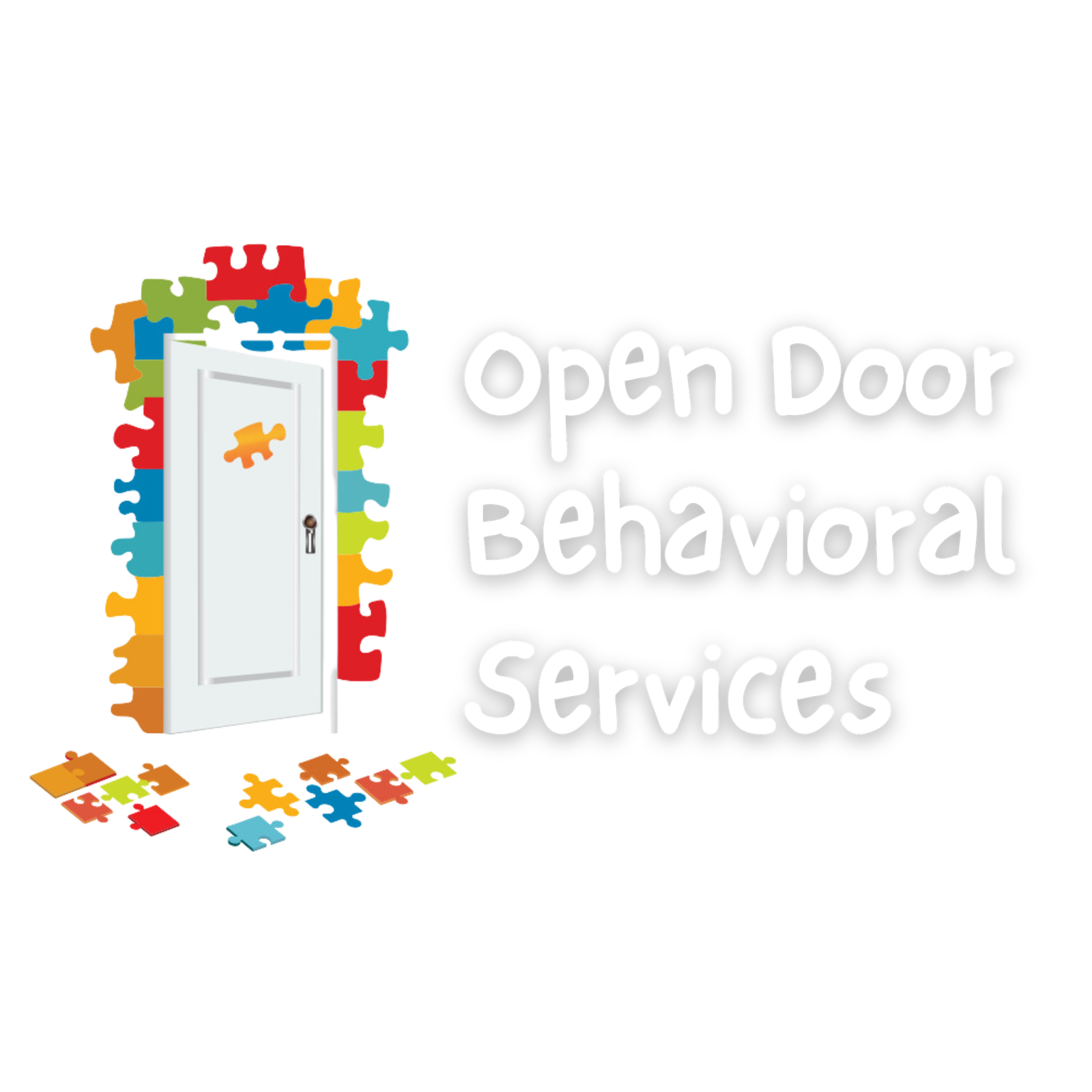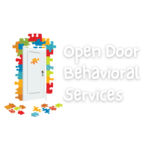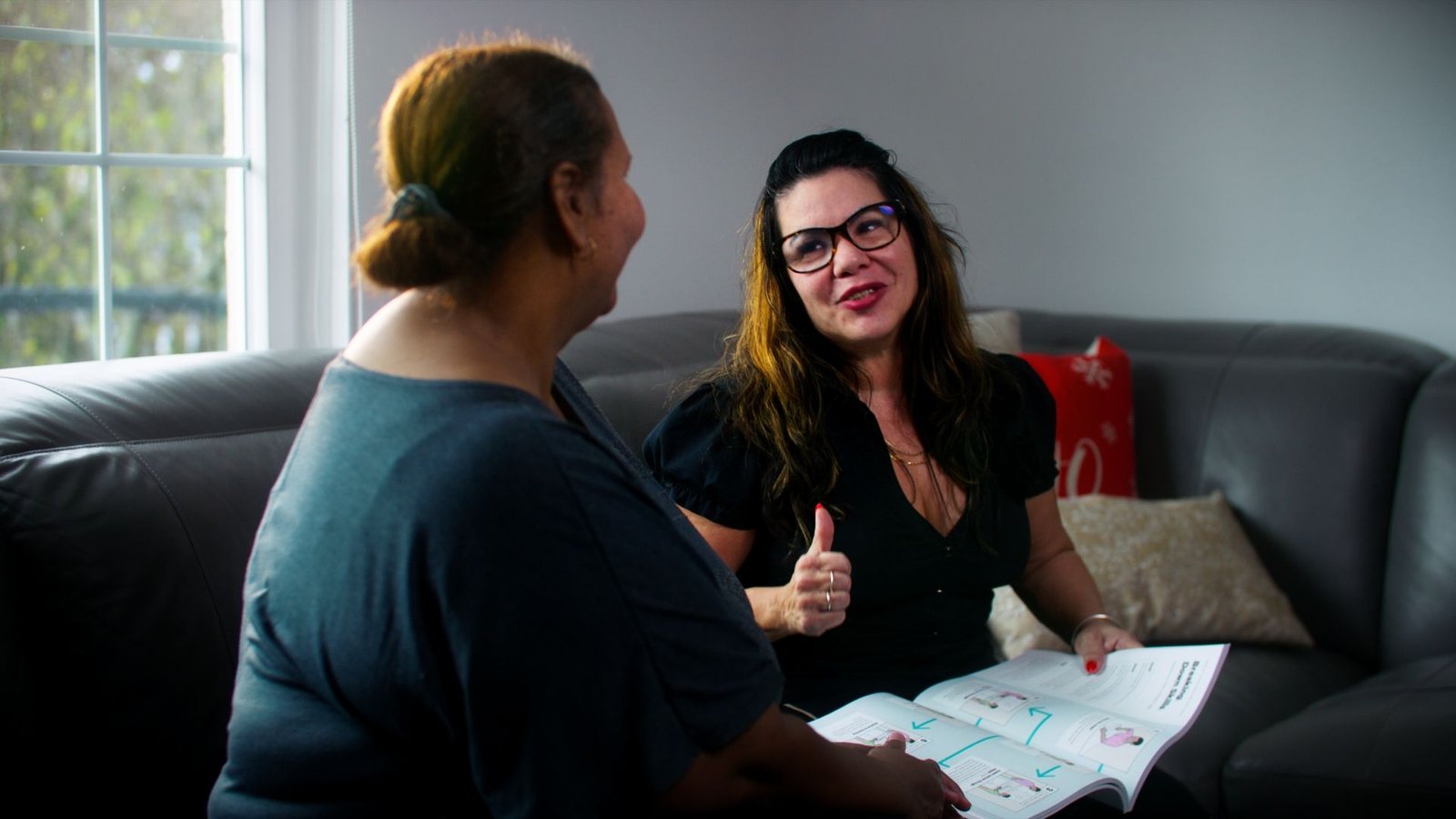ABA Strategies for Autism at Home: How BCBAs Support Parents and Children
At Open Door Behavioral Services, we use ABA strategies for autism at home to help families manage daily routines and behavioral challenges. Parenting a child with autism brings both joy and complexity, and our Board Certified Behavior Analysts (BCBAs) are here to guide you every step of the way.
Learn more about our ABA Therapy Services and how we work with families at Open Door.
Creating Effective Routines with ABA Strategies for Autism at Home
Children with autism often thrive on structure. Our BCBAs work with families to develop visual and step-by-step routines for daily tasks such as:
- Getting dressed
- Brushing teeth
- Eating meals
- Completing homework
- Transitioning between activities
Using visual supports, first-then language, and consistent prompting, we help build independence and reduce confusion or resistance. Visual schedules are also part of our parent training program, designed to make implementing ABA strategies at home easier and more effective.
Visual schedules are also part of our parent training program, designed to help implement ABA strategies at home.
Reinforcing Positive Behaviors Using ABA Techniques
One of the fundamentational ABA strategies for autism at home is positive reinforcement. Rather than focusing on punishment, we teach families to:
- Give specific praise (“Nice job brushing your teeth on your own!”)
- Provide tangible rewards (stickers, favorite toys, or playtime)
- Use natural consequences (e.g., brushing teeth → bedtime story)
By identifying what motivates your child, you can shape behaviors in meaningful and lasting ways.
Addressing Challenging Behavior with ABA Support
Challenging behaviors such as meltdowns, noncompliance, or elopement can feel overwhelming. Our BCBAs support parents in:
- Understanding the ABCs of behavior: Antecedent → Behavior → Consequence
- Making preventive environmental adjustments
- Teaching replacement behaviors (e.g., using a break card instead of throwing objects)
- Implementing Differential Reinforcement (DRA, DRO) and Noncontingent Reinforcement (NCR)
Example: If a child throws food, we may teach them to request a break using PECS or a speech-generating device.
Teaching Through Engagement and Participation
ABA therapy isn’t just about compliance—it’s about learning through engagement. Our strategies include:
- Task chaining for multi-step skills like handwashing
- Modeling and fading prompts to build independence
- Simple data collection tools for parents to track progress
These tools empower both parents and children to build confidence and autonomy.
Why Parent Training in ABA Strategies for Autism at Home Matters
ABA therapy only occupies a small portion of a child’s week. The real impact happens when parents feel confident applying strategies in everyday situations. That’s why Open Door offers:
- Training on core ABA principles
- Behavior skills training (BST) for caregivers
- Role-playing and live feedback
- Ongoing coaching and progress reviews
Whether navigating a morning routine or managing behavior at the grocery store, parents become powerful agents of change in their child’s development.
Interested in learning more?
📍Contact Open Door Behavioral Services to schedule a consultation and bring ABA strategies into your home life today.
👉 Stay connected and get practical tips, inspiration, and updates by following us on Instagram:
🔗 @opendoorbehavioralservices
Together, we build progress — one step, one strategy, one success at a time.


